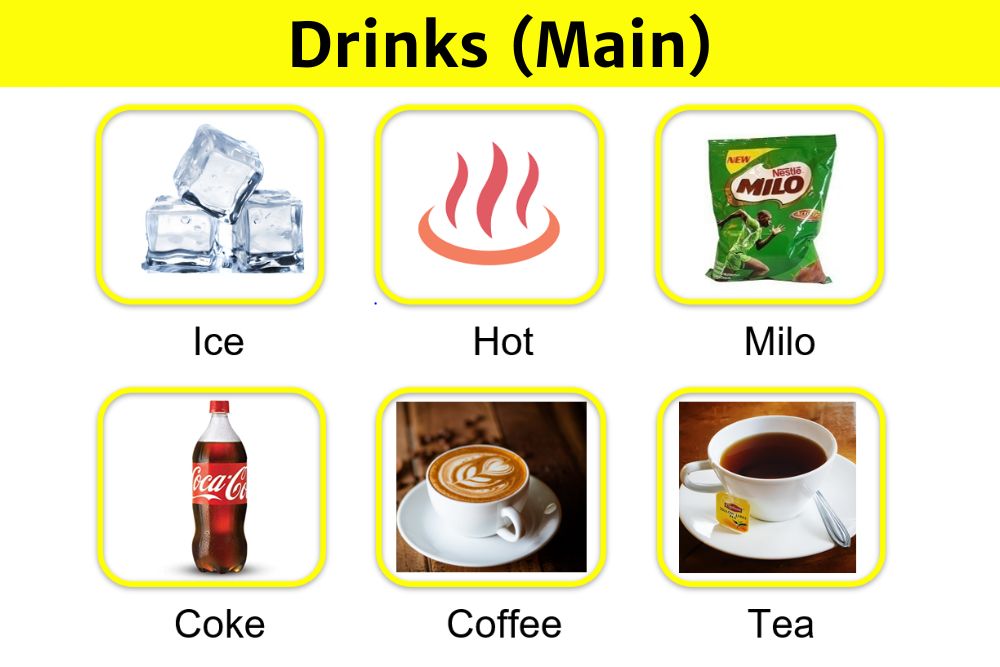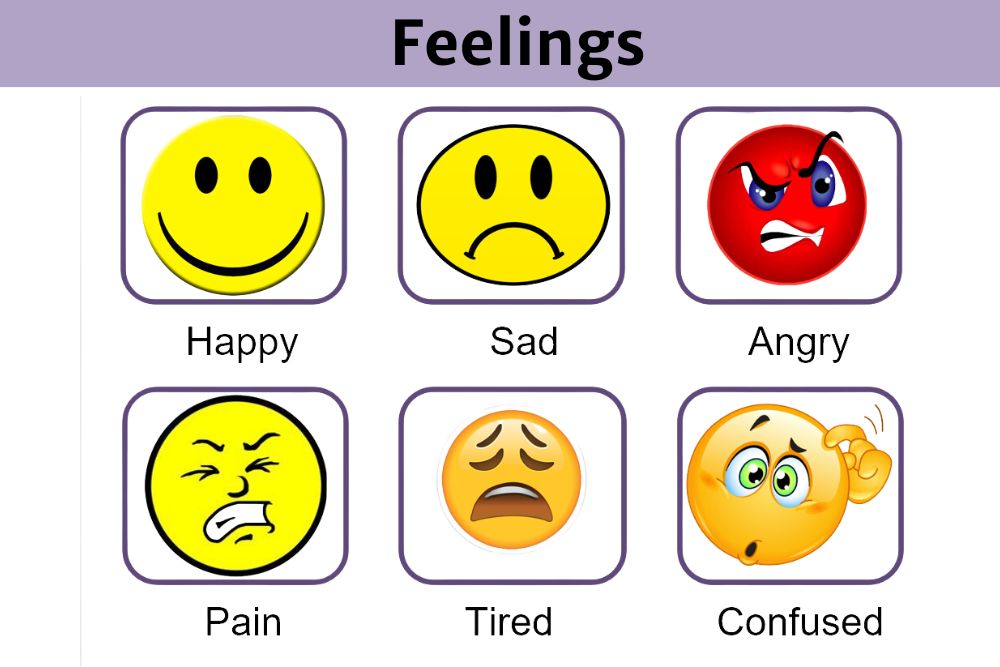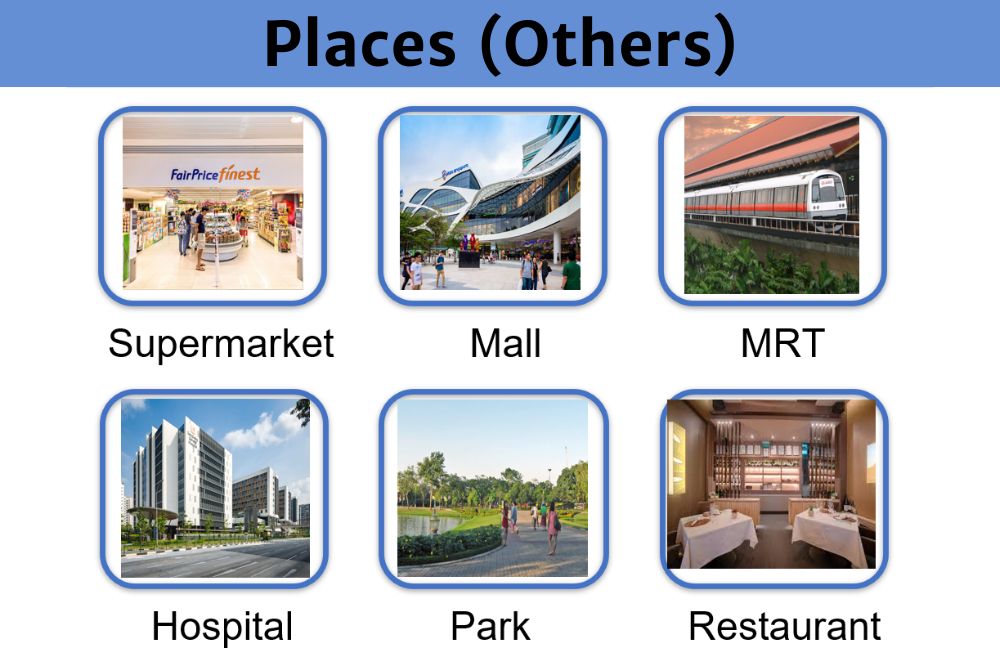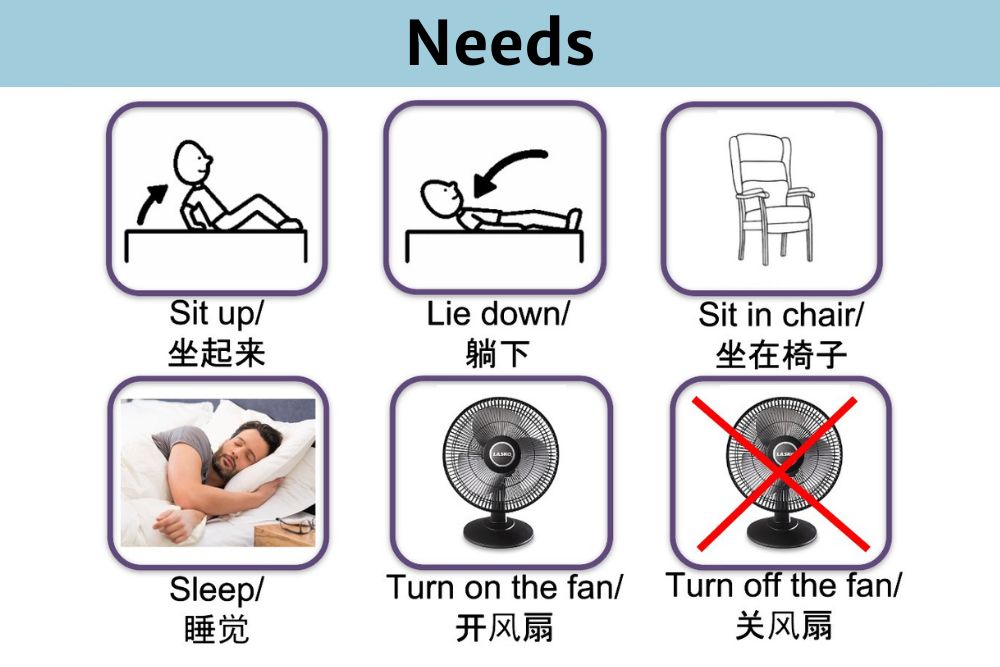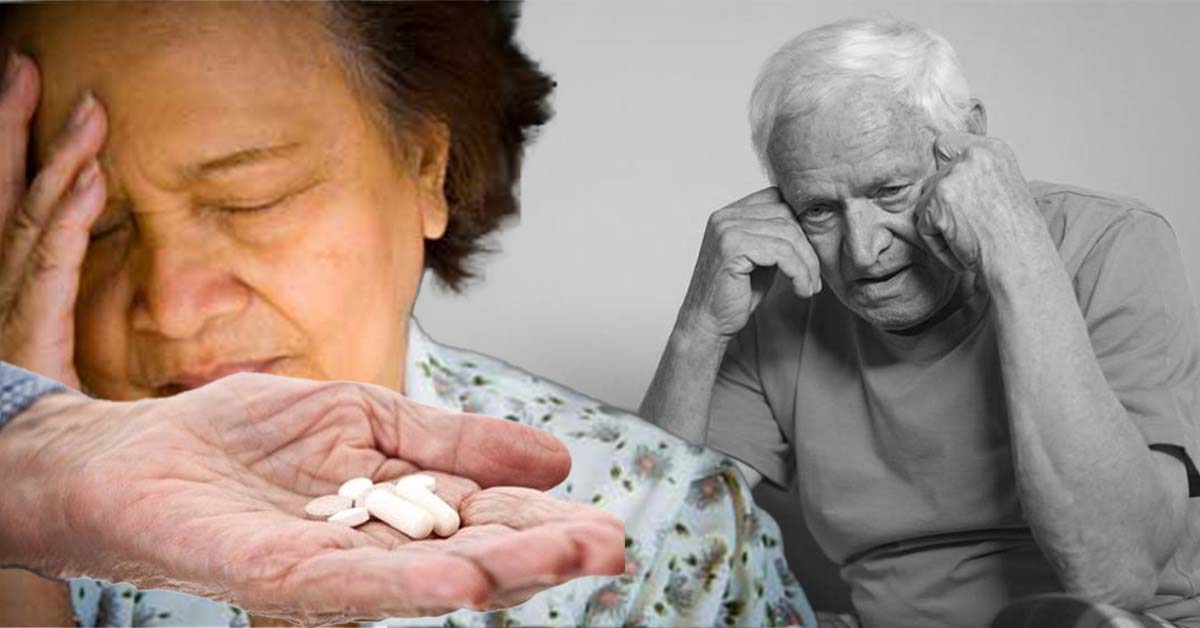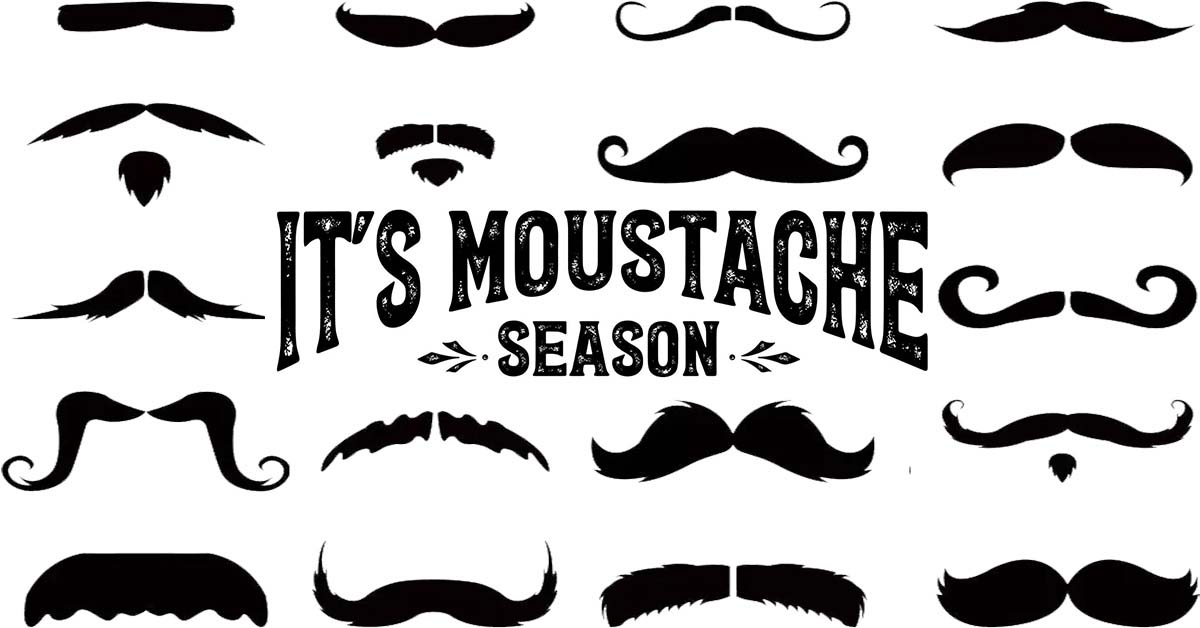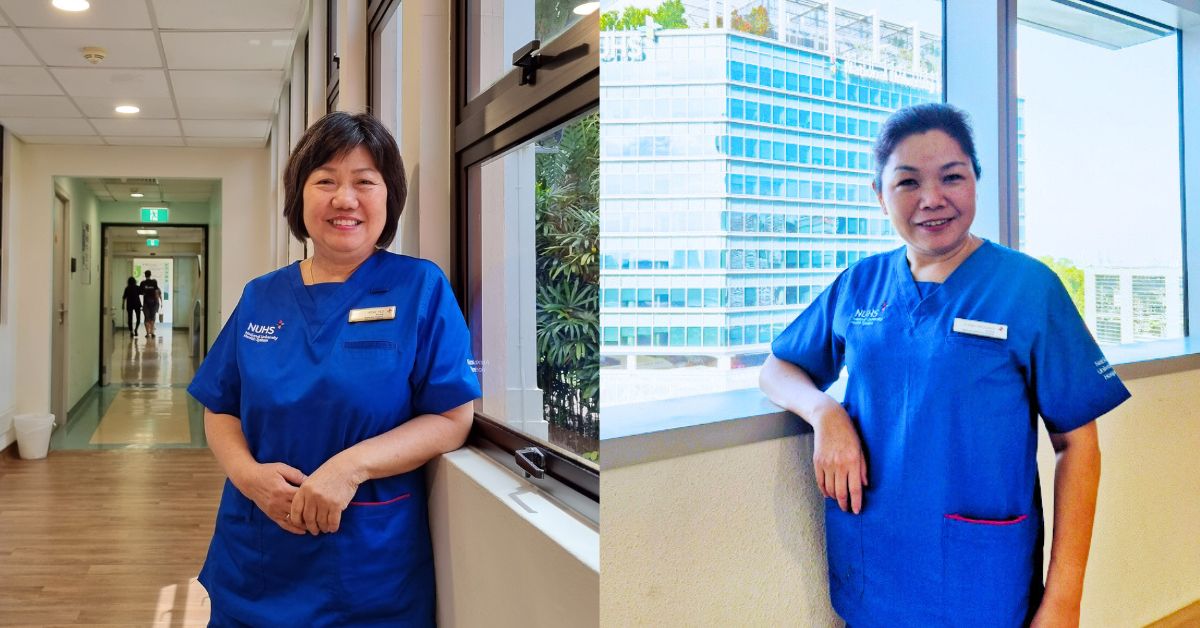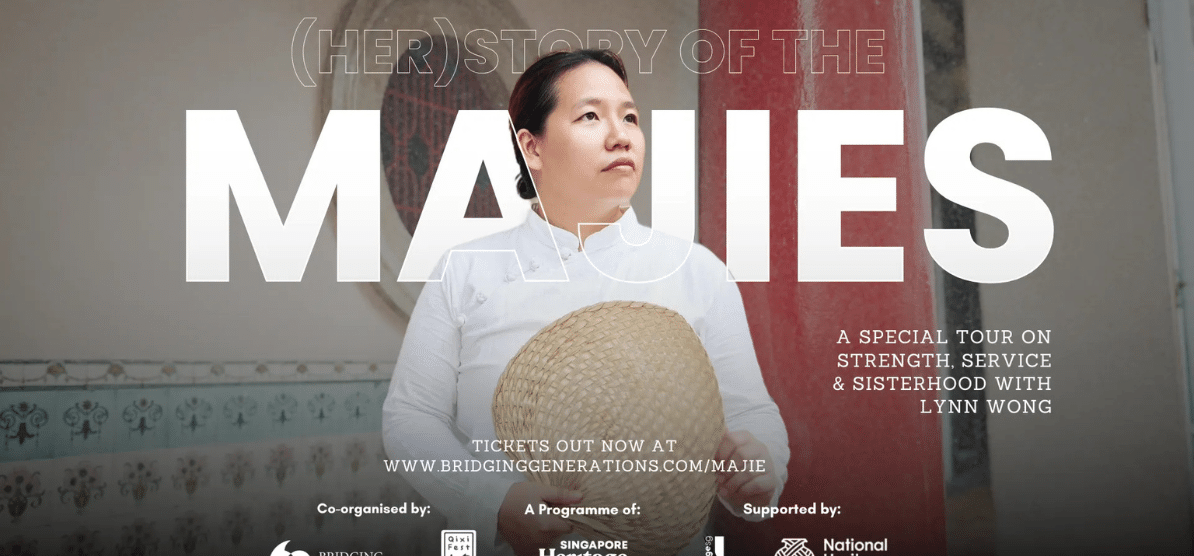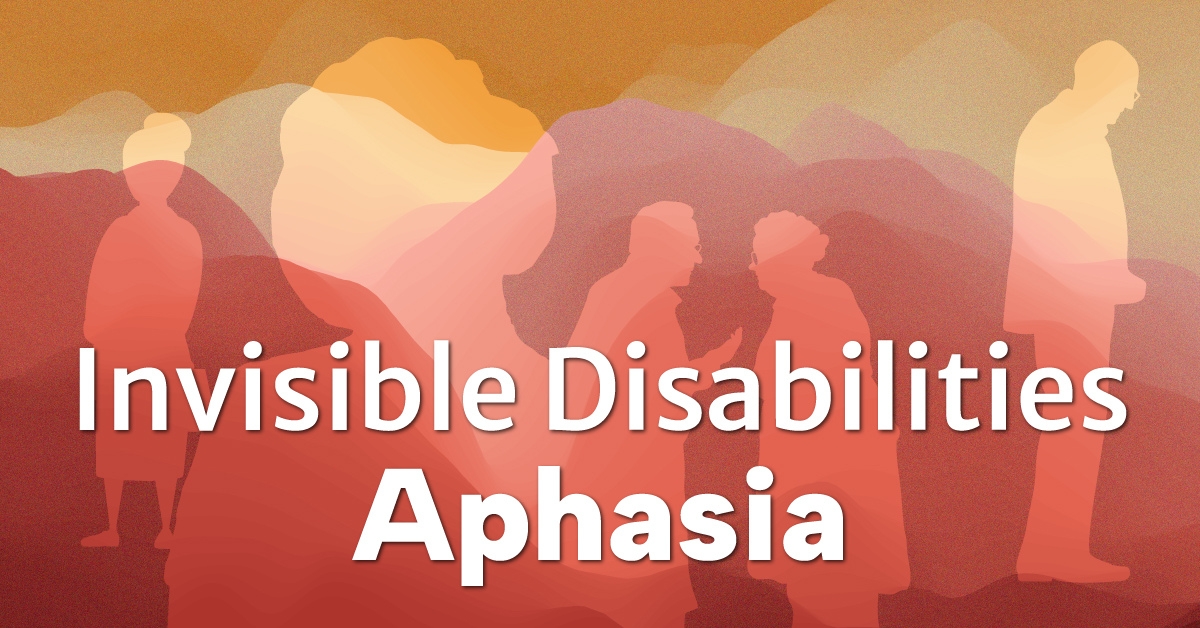
Aphasia – the additional complication to stroke recovery
"It also impairs his ability to analyse and synthesise information to make certain decisions pertaining to himself and his caregivers. It can often lead to friction and misunderstanding with the caregivers."
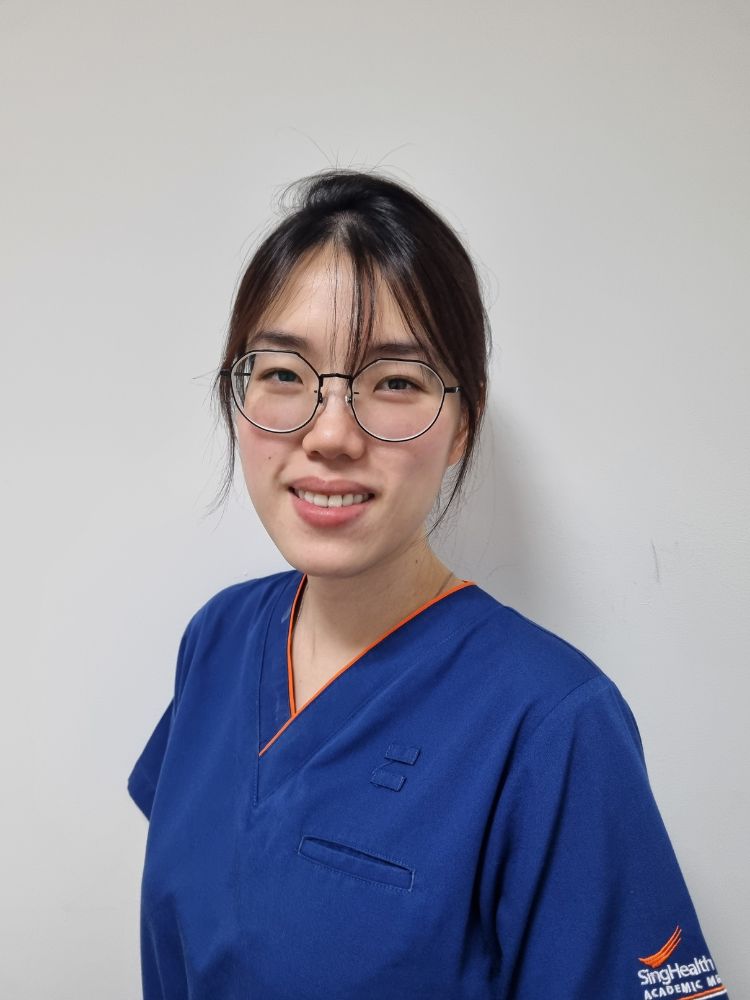
Credit: Sengkang General Hospital
Speech therapy to help with aphasia
This includes the latest evidence-based techniques which rehabilitate impairment-based difficulties experienced by patients.
“And we offer communication partner training services to caregivers and patients to facilitate more effective communication between the two.”
Examples of Augmentative and Alternative Communication (AAC)
Communication disorders are invisible disabilities
"For example, disputes started at stores in the shopping mall because former patients were not able to understand what was being said to them and were misunderstood to be intentionally making things difficult for staff."
"As I see him only once a week due to work, I am worried during the period when he is alone and how he will sustain himself financially."

